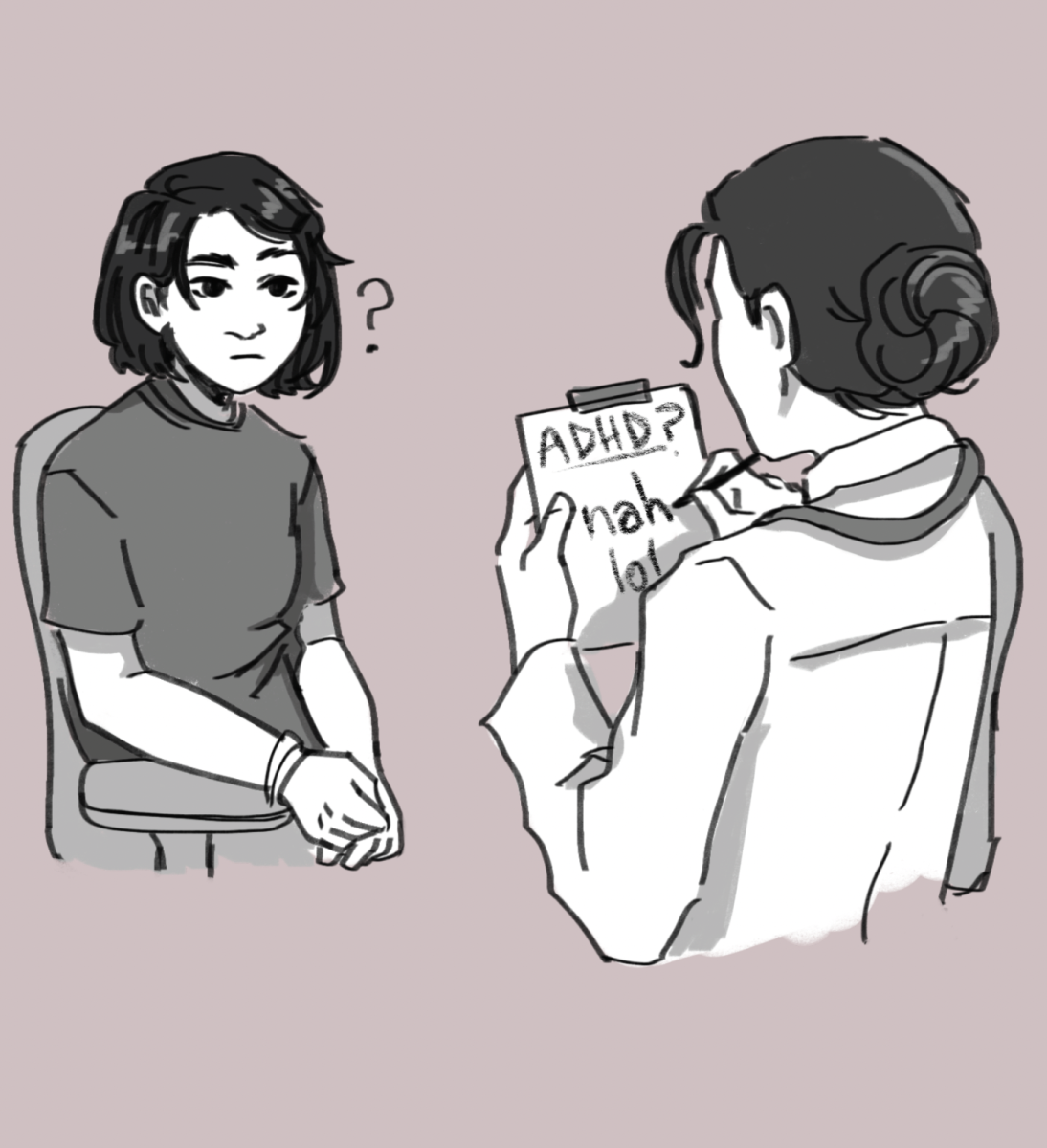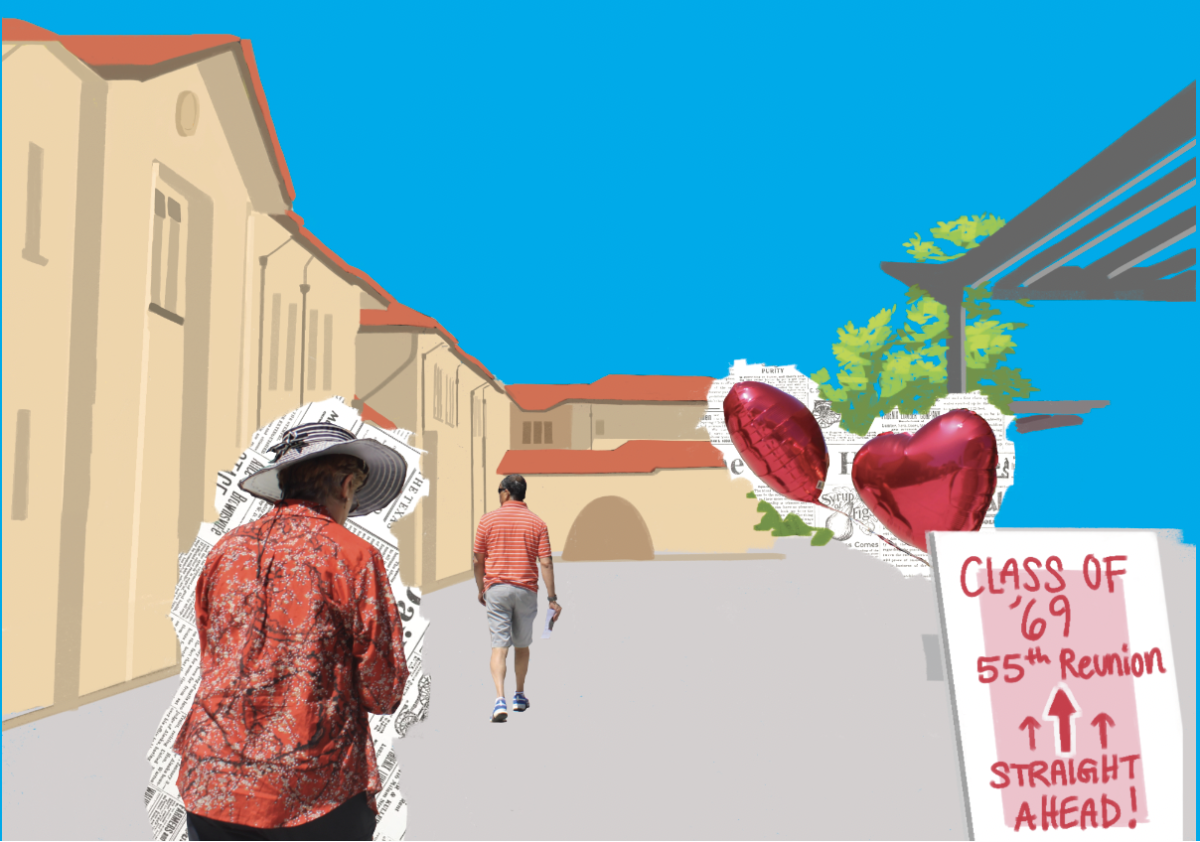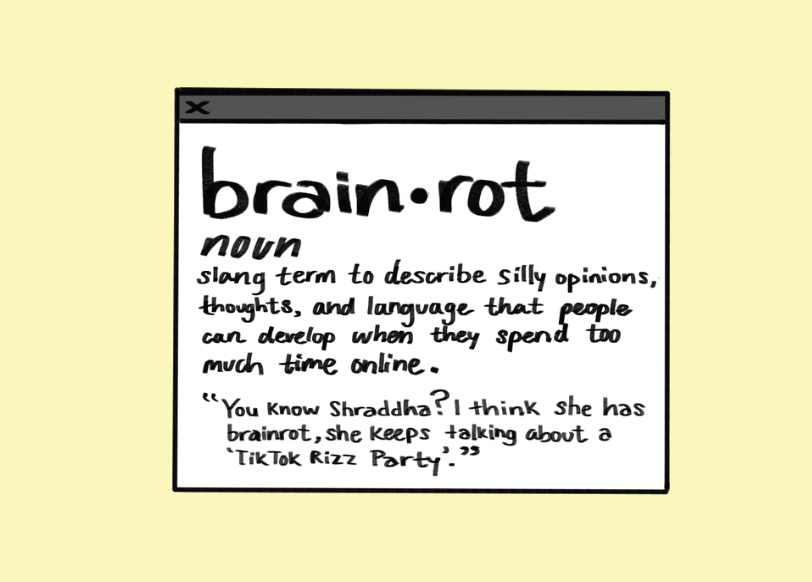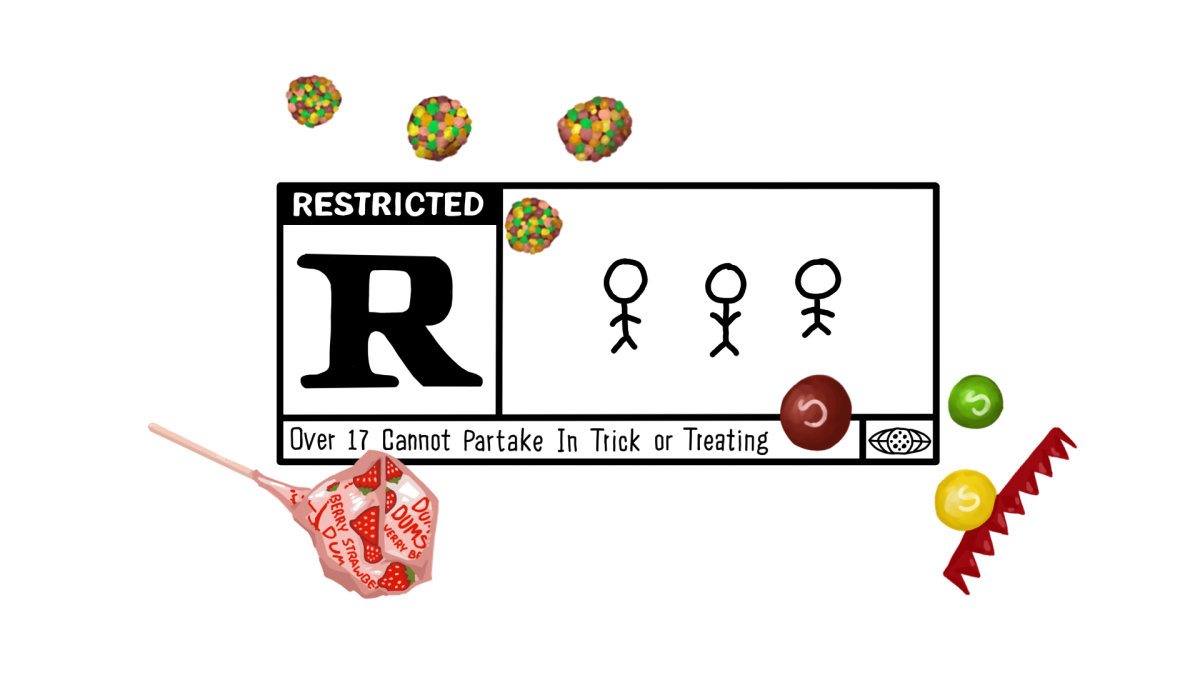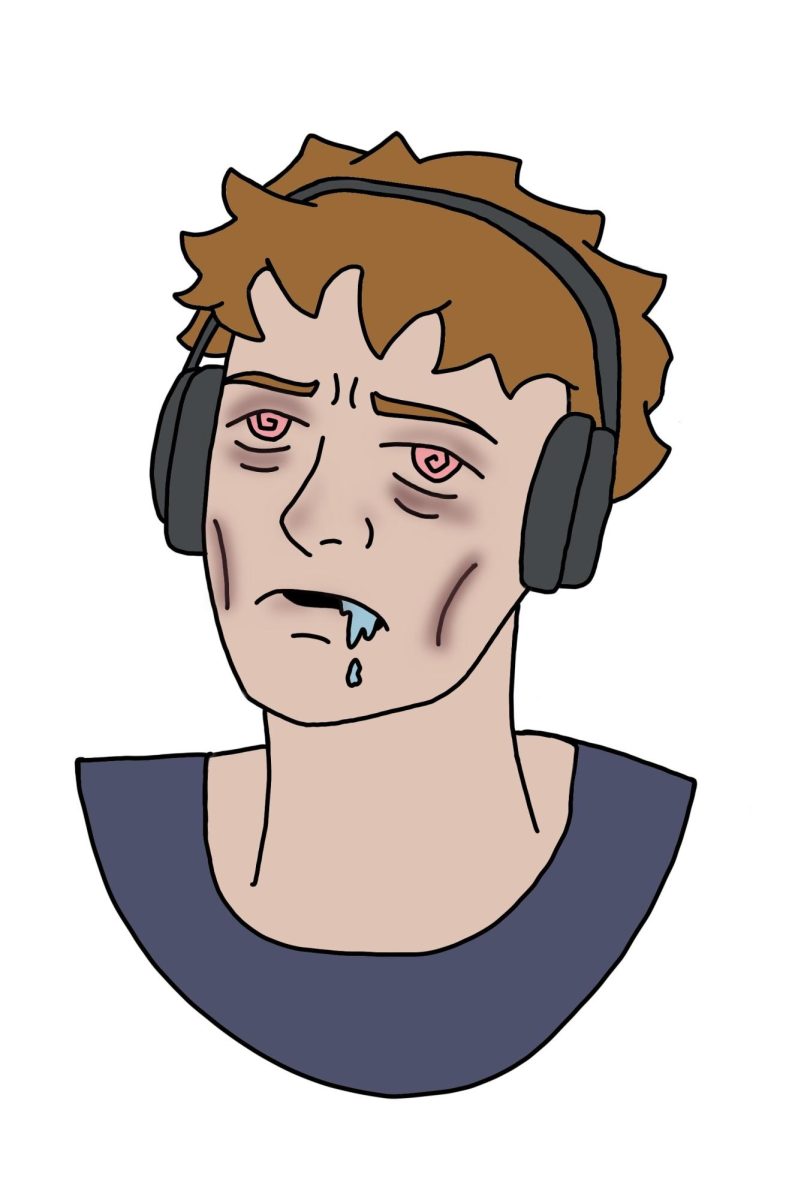Throughout history, women have been marginalized within society’s narratives, their stories remaining untold. Fortunately, attitudes are changing, and more women are able to use their voices to share their experiences. One population that has been underrepresented for years is neurodivergent women and girls, who have long gone underdiagnosed compared to men and boys. But, with the increase in female narratives, women have been dismantling the stereotypes and stigma surrounding this phenomenon.
Neurodivergent people are those whose brains work differently due to differences in neurological development. Sex plays a significant role in the lack of recognition of neurodivergent women and girls. Due to environmental and genetic factors, females tend to present their symptoms differently from men and boys.
For example, females with ADHD often present their symptoms more internally, and their difficulties with sustaining attention and time management cause them to be labeled as “lazy” and “ditzy.” In contrast, males with ADHD typically present more outwardly, and their disruptiveness in school and physical restlessness causes their parents and teachers to notice them, leading to them getting diagnosed at a younger age.
Additionally, women and girls tend to face more pressure from society to conform to stereotypical feminine roles and the expectation to be calm and organized. This pressure forces them to mask and suppress their neurodivergent characteristics for fear of judgment, increasing their likelihood of poor mental and physical health.
These unique symptoms are often dismissed due to the lack of research surrounding women’s health. When health professionals are not aware of these differences, they are not able to help their patients to the best of their ability, and for many neurodivergent people, going undiagnosed can have harmful and lasting effects.
High school can be stressful, and this formative time can be even more challenging for neurodivergent students trying to balance their social and academic life. A seven-hour school day can be taxing for anyone, but it can be even more so for neurodivergent people, many of whom are particularly susceptible to burnout. Working with their school to find a system that works best for them is crucial for these students so that they can reach their full potential and appreciate the uniqueness of their mind.
While society may not be set up for neurodivergent individuals, which can make navigating life more difficult, learning strategies to maximize one’s abilities can be useful. Educating students about neurodivergence in school can foster understanding and acceptance of other people’s differences. By embracing diversity and everyone’s unique strengths, the world can be a place where everyone can thrive.


